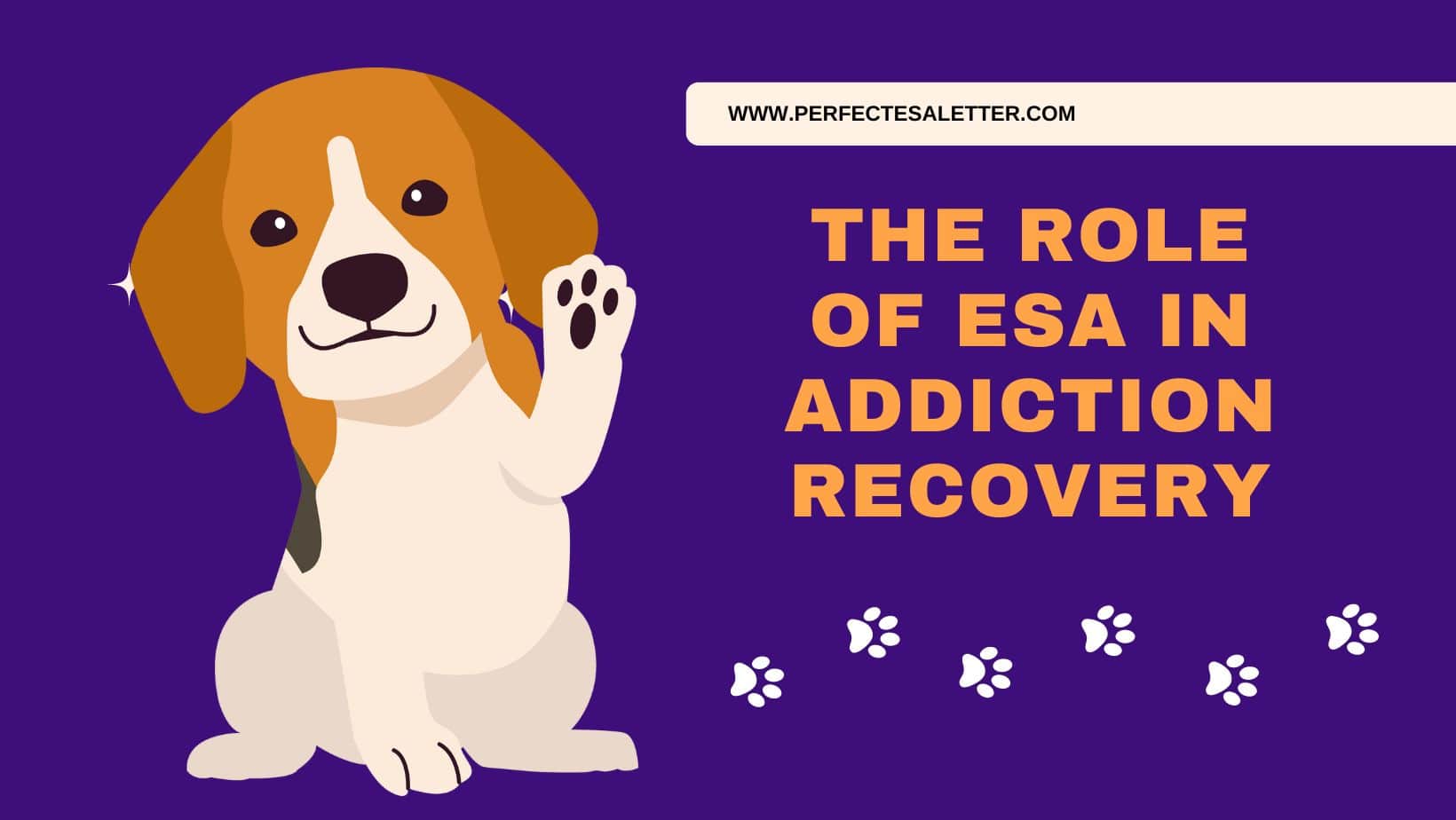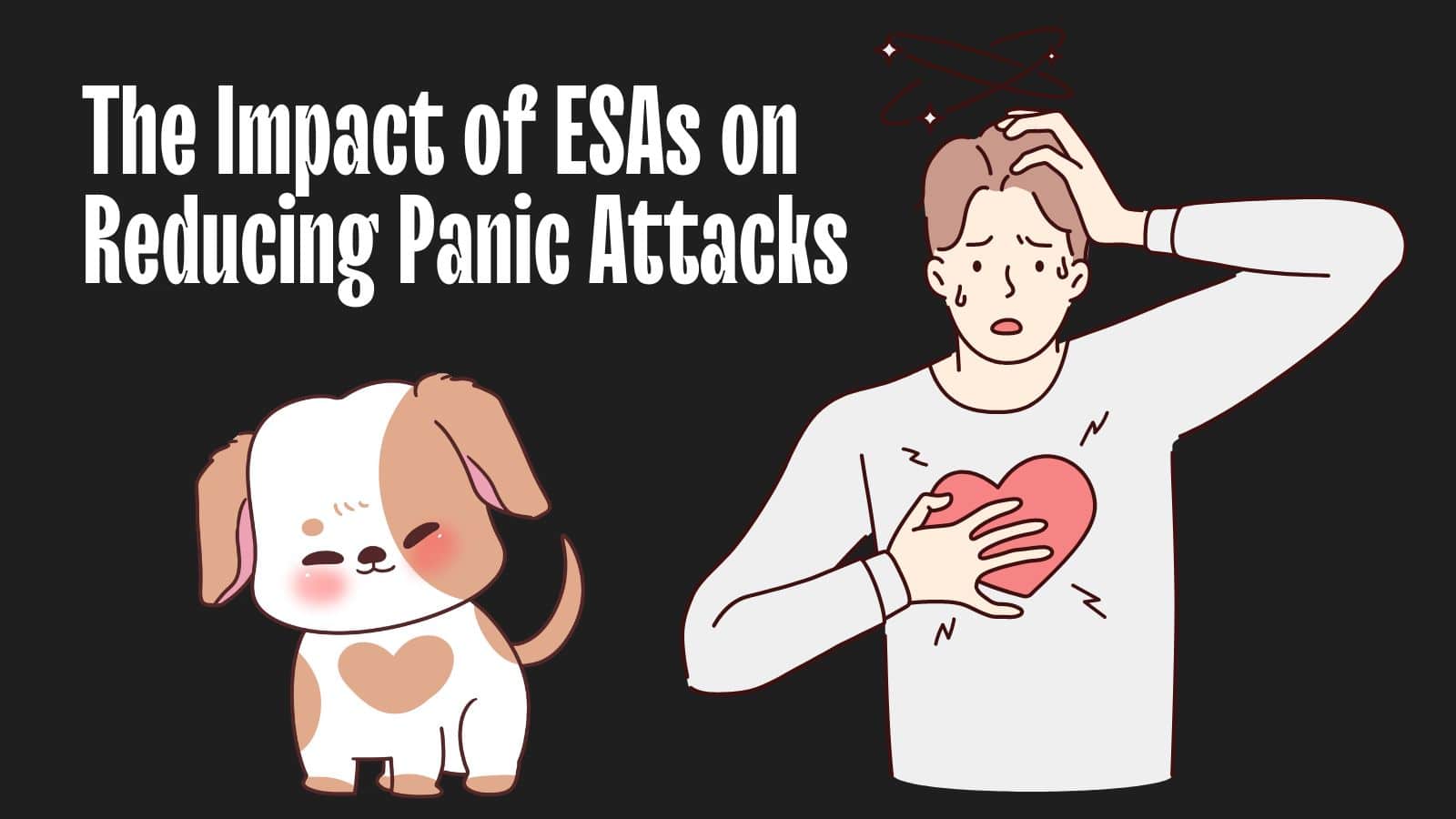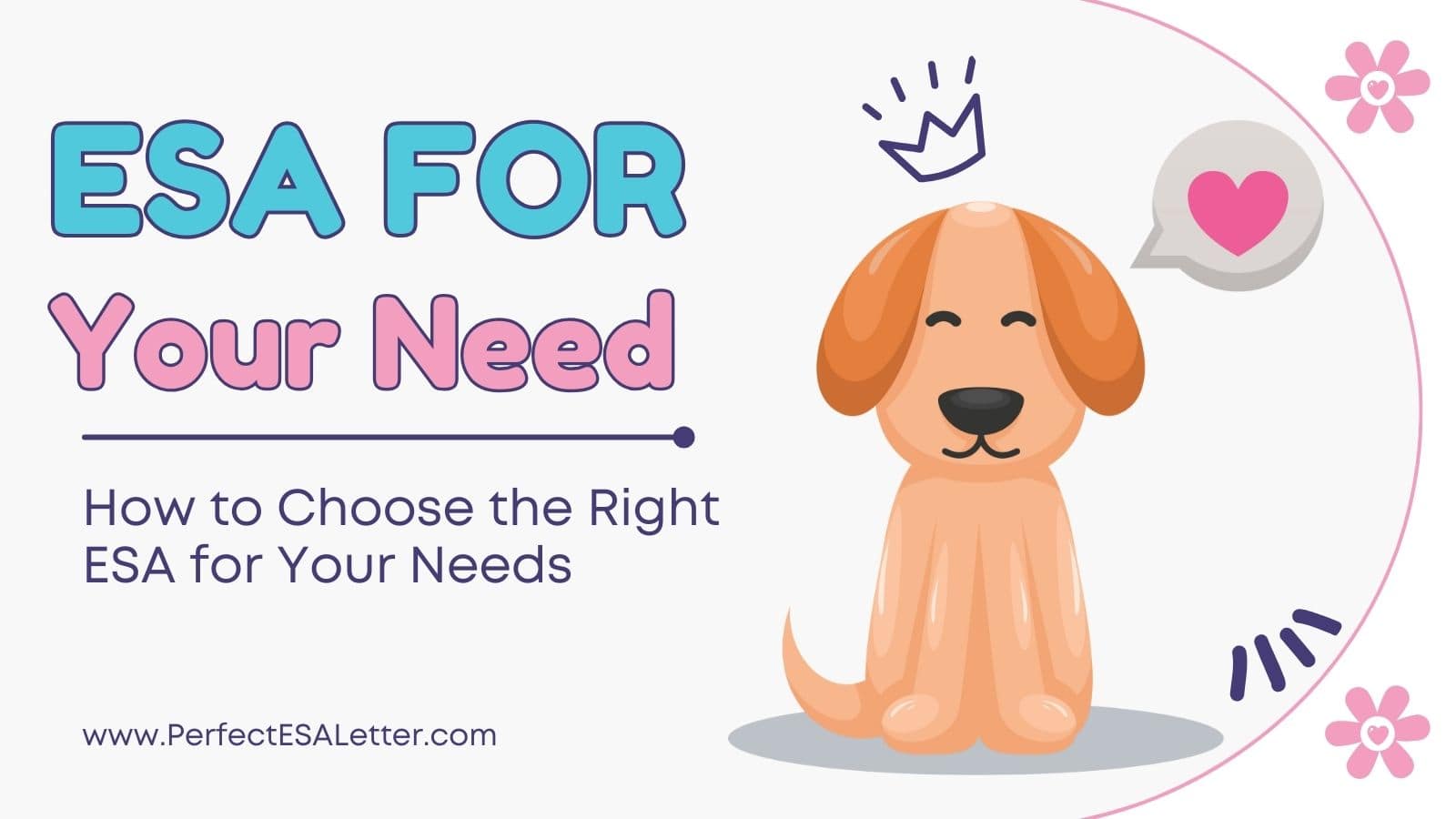ESA Letter Requirements
ESA Letter Requirements
If you are considering obtaining an Emotional Support Animal (ESA) and an ESA letter, understanding the requirements for obtaining such documentation is crucial. This blog post aims to guide you through the essential ESA letter requirements, clarifying what you need to qualify for an ESA and access the benefits they provide.
An ESA letter is a prescription document issued by a licensed mental health professional (LMHP) that recognizes the therapeutic benefits of having an Emotional Support Animal. The letter serves as legal documentation stating that the ESA is part of your treatment plan to alleviate symptoms associated with a mental health condition.
What is an ESA letter and why do I need one?
An ESA letter is a document issued by a licensed mental health professional (LMHP) that recognizes the therapeutic benefits of having an Emotional Support Animal (ESA). You need an ESA letter to legally certify your need for an ESA and to access housing and travel accommodations under federal laws.
Understanding of ESA Letter ; Requirements And Considerations
ESA Letter Requirements
- Diagnosed Mental Health Condition: To qualify for an ESA letter, you must have a diagnosed mental health condition recognized by the Diagnostic and Statistical Manual of Mental Disorders (DSM-5). Common conditions include anxiety disorders, depression, PTSD, phobias, and certain mood disorders.
- Licensed Mental Health Professional: ESA letters must be issued by a licensed mental health professional such as a therapist, psychologist, psychiatrist, or licensed clinical social worker. The professional must be actively licensed and qualified to diagnose and treat mental health conditions.
- Assessment and Recommendation: The LMHP will conduct an assessment to evaluate your mental health condition and determine if an ESA would be beneficial as part of your treatment plan. They will provide a professional recommendation for an ESA based on the assessment.
- Documentation and Letter Content: The ESA letter should be on the professional’s official letterhead and include specific details such as your name, the existence of a mental health condition, the therapeutic benefits of an ESA, and the professional’s recommendation for an ESA as part of your treatment.
- Renewal and Expiration: ESA letters are typically valid for one year from the date of issuance. Renewal may require reassessment of your condition and updated documentation to support ongoing ESA need.
Additional Considerations:
- Type of Animal: While there are no specific restrictions on the type of animal that can be an ESA, dogs and cats are the most common choices. The chosen animal should provide genuine emotional support and be suitable for your living situation.
- Training and Behavior: ESAs are not required to undergo specialized training like service animals. However, they should be well-behaved, non-disruptive, and not pose a threat to others. Basic obedience training is beneficial.
- Legal Rights and Accommodations: With a valid ESA letter, you are entitled to certain accommodations such as housing rights under the Fair Housing Act (FHA) and the ability to travel with your ESA in the cabin of an aircraft under the Air Carrier Access Act (ACAA).
Bottom Line:
Understanding the requirements for obtaining an ESA letter is the first step toward receiving the emotional support and benefits that an ESA can provide. By meeting the necessary criteria, consulting with a licensed mental health professional, and obtaining a valid ESA letter, you can legally certify your ESA and access accommodations that contribute to your emotional well-being and quality of life. Remember to stay informed about your rights and responsibilities as an ESA owner, ensuring a harmonious and supportive ESA experience.










